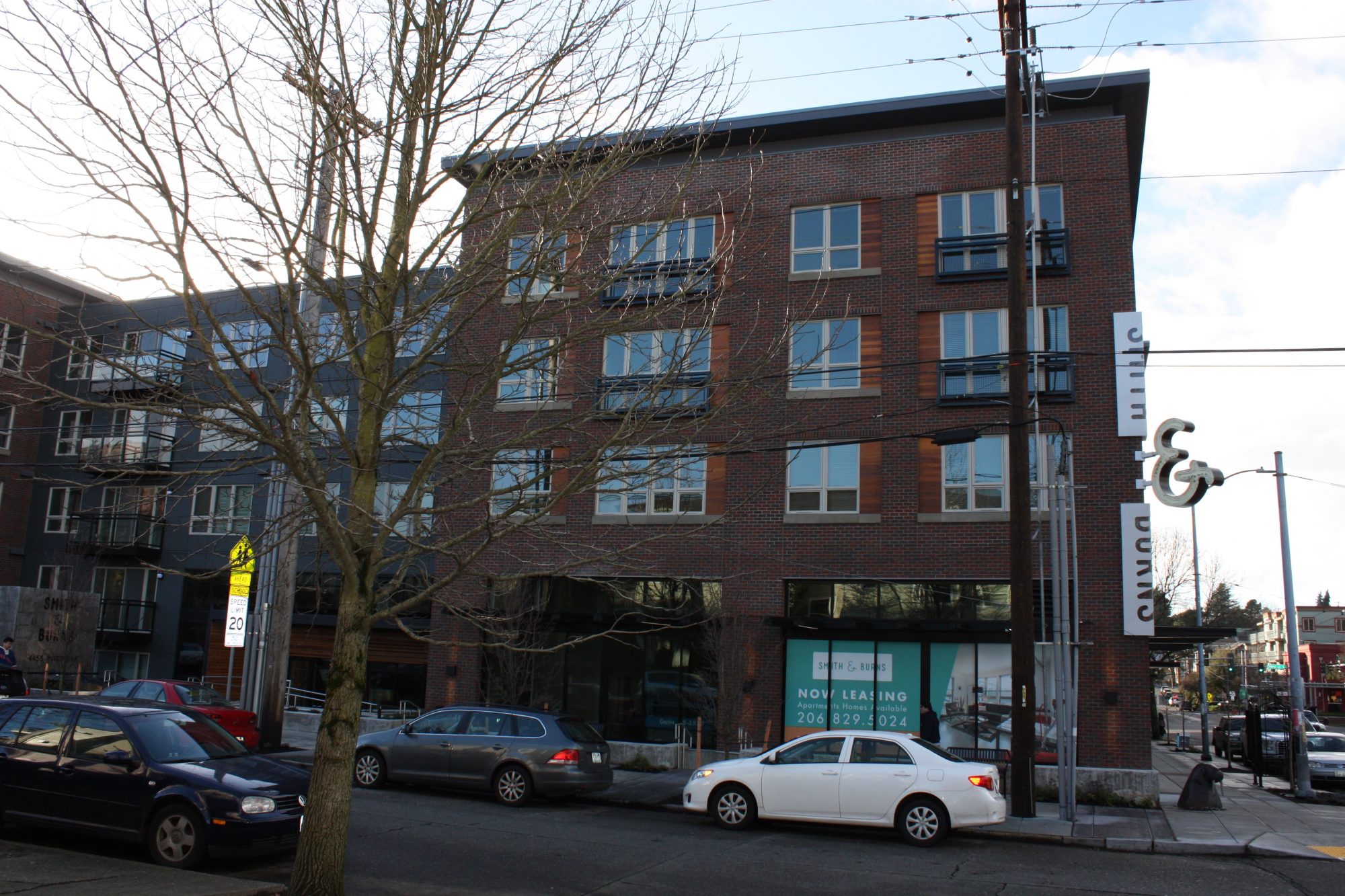
Mayor Ed Murray made a big move yesterday in transmitting legislation to end rental discrimination based upon source of income. The legislation would build upon existing City laws that give renters a wide range of tenant and rental protections. Under the proposed ordinance, landlords would be prohibited from discriminating against renters who receive subsidies or other income sources to pay rent for housing. Under City law today, only participants in the Section 8 voucher program are shielded from source of income discrimination. But oftentimes, renters receive income from non-wage sources like veteran’s benefits, alimony, Social Security, disability benefits, and other social welfare programs. To fix this, the Mayor’s legislation proposes to do four things:
- It would establish rules on how subsidies and alternative income sources must be calculated by landlords if a landlord chooses to use income ratios to rent when screening applicants;
- It would prohibit a landlord from evicting, harassing, or retaliating against any tenant that receives income for non-wage or Section 8 voucher sources to pay for their rent;
- It would prohibit a landlord from advertising any stated preference of income; and
- It would prohibit a landlord from denying a rental application on the basis of an applicant’s proposed source of income to pay rent.
This legislation also forms an important plank of the Mayor’s Housing Affordability and Livability Agenda (HALA) recommendations, which specifically covered tenant protections like this.
Taking the issue a step further, the Seattle Office for Civil Right (SOCR) issued new guidelines to curb the rise of rental housing discounts for preferred employers in response to widespread complaints of discrimination. Last year, local media documented many cases where employees of major companies were receiving preferential treatment for rental housing at deep discounts. In releasing the guidelines, the SOCR has concluded that many of the preferential housing schemes may constitute discrimination of protected classes under the City’s Open Housing Ordinance.
The SOCR plans to conduct what’s called a “disparate impact analysis” on these types of preferential rental housing schemes to determine if they overstep Federal housing law. To conduct the analysis, SOCR will use the Disparate Impact Rule, established by the US Department of Housing and Urban Development, which essentially gauges if a housing practice adversely impacts a specific group of people protected under Federal law regardless of whether or not the practice appears neutral in nature. If the practices are determined to be discriminatory toward one or more protected classes of people, they could be deemed violations leaving the City to proceed with enforcement actions against any violators.
In a statement on the new legislation and SOCR’s new guidance, Mayor Ed Murray said:
For Seattle to become more affordable, we must reduce the barriers that our most vulnerable residents face finding a home to rent. If someone receives veteran’s benefits or child support payments, they should be able to use that income to rent an apartment and not be turned away. We also need to ensure that properties that offer discounts to employees of a specific company are not having an impact on other renters.
Stephen is a professional urban planner in Puget Sound with a passion for sustainable, livable, and diverse cities. He is especially interested in how policies, regulations, and programs can promote positive outcomes for communities. With stints in great cities like Bellingham and Cork, Stephen currently lives in Seattle. He primarily covers land use and transportation issues and has been with The Urbanist since 2014.


